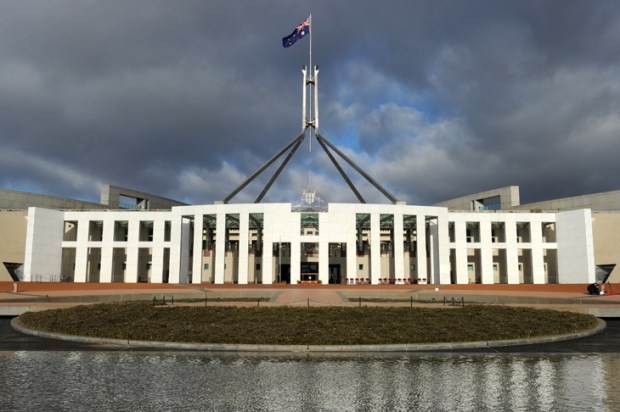The current consideration by the Australian Human Rights Commission of a complaint by Green Senator Mehreen Faruqi against fellow Senator Pauline Hanson is a reminder that Section 18C remains a source of contention in the debate in Australia over freedom of speech.
The complaint arose out of an exchange where Senator Faruqi described Queen Elizabeth II as ‘the leader of a racist empire’ and Senator Hanson responded that Senator Faruqi should ‘piss off back to Pakistan’.
Already a subscriber? Log in
Subscribe for just $2 a week
Try a month of The Spectator Australia absolutely free and without commitment. Not only that but – if you choose to continue – you’ll pay just $2 a week for your first year.
- Unlimited access to spectator.com.au and app
- The weekly edition on the Spectator Australia app
- Spectator podcasts and newsletters
- Full access to spectator.co.uk
Unlock this article
You might disagree with half of it, but you’ll enjoy reading all of it. Try your first month for free, then just $2 a week for the remainder of your first year.














Comments
Don't miss out
Join the conversation with other Spectator Australia readers. Subscribe to leave a comment.
SUBSCRIBEAlready a subscriber? Log in